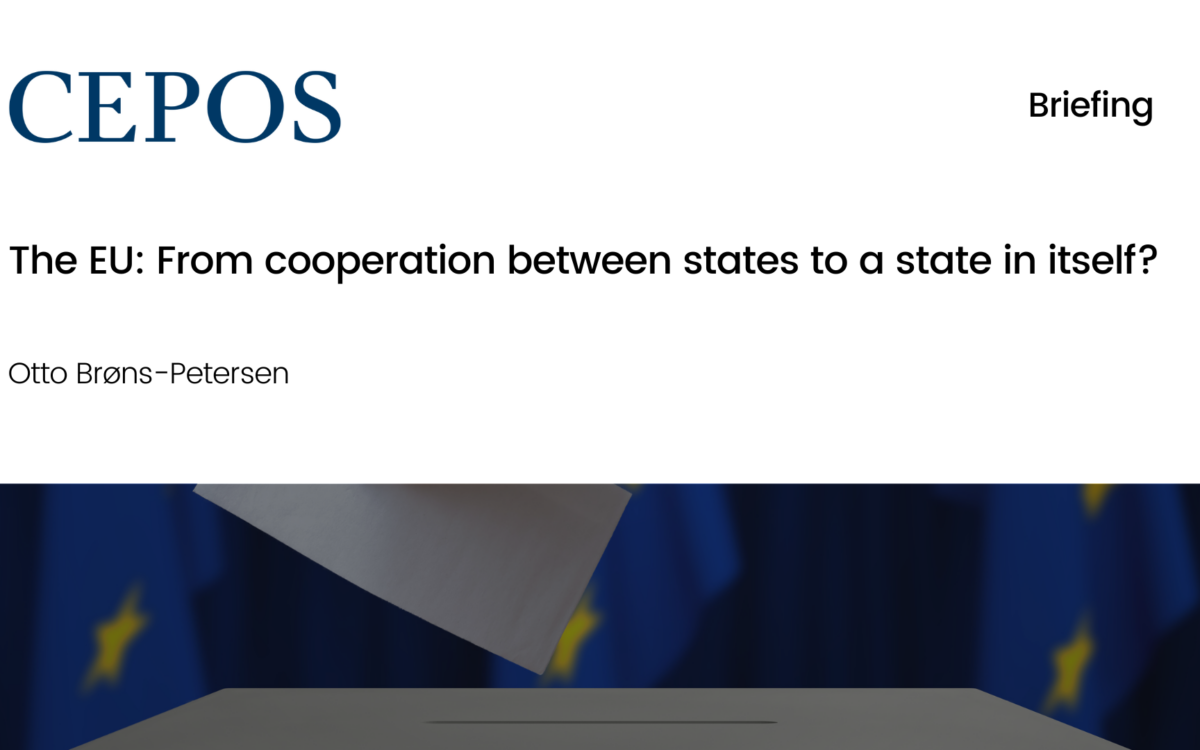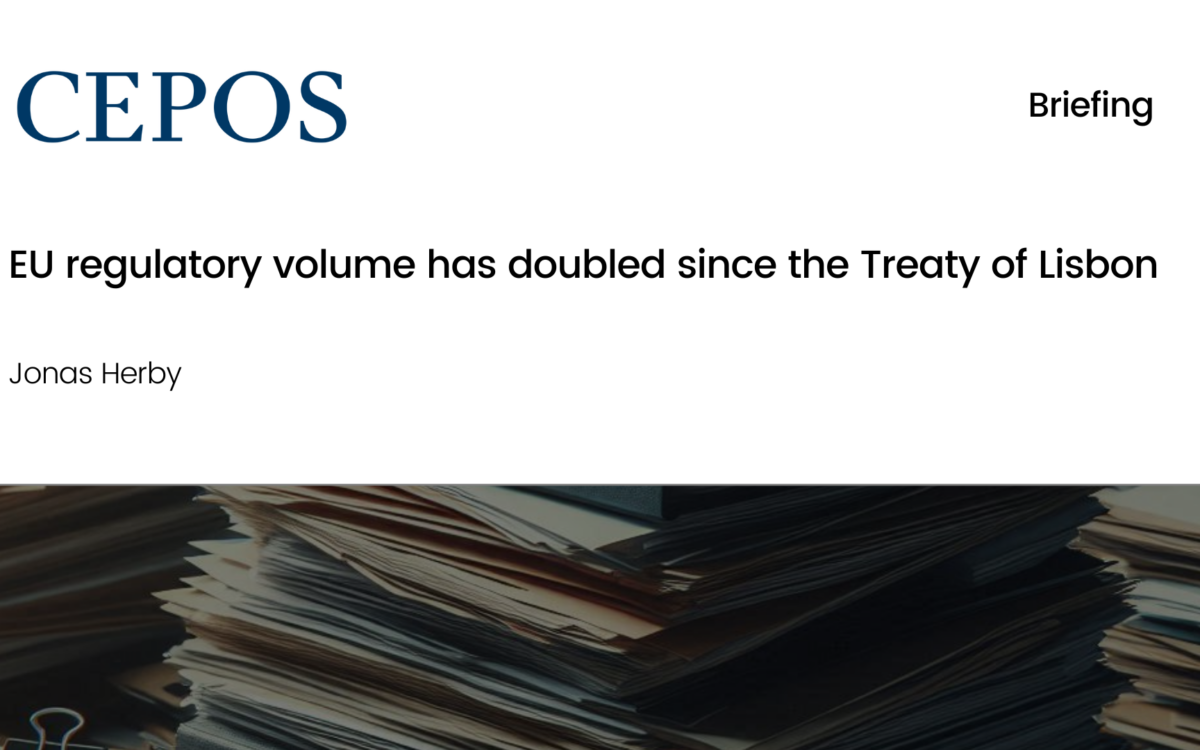Changing Competences

Changing Competences
21 October 2021
The European Union often concludes international trade agreements, which contain shared competences with the Member States (the so-called mixed competences agreements), thus they require ratification from the national and/or regional parliaments in order to be enforced. In most of the cases, the involvement of Member States institutions significantly slows down the negotiation and ratification process, taking many years for an Agreement to be ratified by all the Member States.
Besides procedural obstacles, Free Trade Agreements (FTAs) are often the stage for an abstract, ideological discussion about globalisation, since the gains to consumers from lower prices for imported products of the same (or a higher) quality may result in losses of Member States’ local production exposed to international competition. International competition often harms domestic vested interests, which request state protection in order to survive, even though openness and free trade have been proven to lead to more economic growth, social development and prosperity. Also, the need to harmonise the FTAs with the environmental standards strictly regulated inside the EU, in order to prevent unfair competition and environmental damage, is a detrimental, though necessary factor, of FTA enforcement.
This policy briefs aims to explain the main reasons political actors oppose FTA enforcement and suggests possible policy recommendations to overcome those challenges.
Download or share this publication
View the PDF
EPICENTER publications and contributions from our member think tanks are designed to promote the discussion of economic issues and the role of markets in solving economic and social problems. As with all EPICENTER publications, the views expressed here are those of the author and not EPICENTER or its member think tanks (which have no corporate view).



